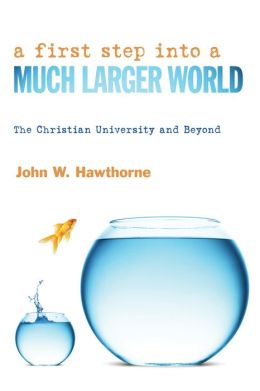Norris, Sharon E.”Transformative Curriculum Design and Program Development: Creating Effective Adult Learning by Leveraging Psychological Capital and Self-Directedness through the Exercise of Human Agency.” In Andragogical and Pedagogical Methods for Curriculum and Program Development, edited by Victor C. X. Wang and Valerie C. Bryan, 118-141. Hershey, PA:IGI Global, 2014. doi:10.4018/978-1-4666-5872-1.ch007
 The objective of this chapter is to introduce improvisational self-directed learning as a transformative approach to developing effective adult learning. Improvisational self-directed learning is a method that encourages individuals to leverage their psychological capital and self-directedness through the exercise of human agency. It is common practice to focus on content-related learning objectives while designing educational curriculum and programs. Less routine is a simultaneous focus on the psychological state, human agency, and self-directedness of those involved in the entire process. The type of transformative learning communities necessary for effective 21st century adult education require ongoing faculty and student development. This chapter provides a theoretical framework based on human agency, psychological capital, improvisational behavior, and adult learning. The use of improvisation is presented as a technique for leveraging psychological capital, human agency, and self-directedness to create thriving 21st century learning communities.
The objective of this chapter is to introduce improvisational self-directed learning as a transformative approach to developing effective adult learning. Improvisational self-directed learning is a method that encourages individuals to leverage their psychological capital and self-directedness through the exercise of human agency. It is common practice to focus on content-related learning objectives while designing educational curriculum and programs. Less routine is a simultaneous focus on the psychological state, human agency, and self-directedness of those involved in the entire process. The type of transformative learning communities necessary for effective 21st century adult education require ongoing faculty and student development. This chapter provides a theoretical framework based on human agency, psychological capital, improvisational behavior, and adult learning. The use of improvisation is presented as a technique for leveraging psychological capital, human agency, and self-directedness to create thriving 21st century learning communities.




